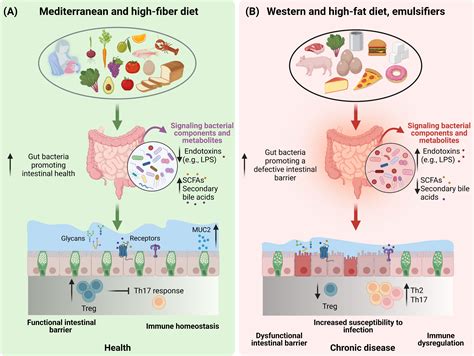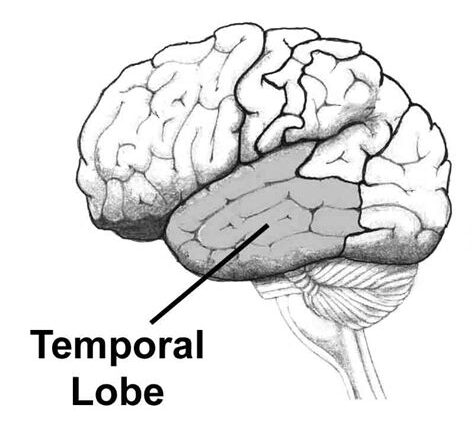Have you ever wondered about the intricate world living inside your gut? Well, researchers have delved deep into this mysterious realm by studying the gut microbiome – a fascinating ecosystem of bacteria residing in our digestive system. Using cutting-edge computational methods, including artificial intelligence, scientists embarked on an ambitious journey to uncover insights into how our gut bacteria impact our health.
Imagine this: over 12,000 individuals from diverse backgrounds and spanning 45 countries generously provided samples of their stool for analysis. Yes, you read that right – stool samples! The researchers scrutinized these biological specimens to decode the unique ‘signature’ of each person’s microbiome. Interestingly, they stumbled upon a groundbreaking discovery – a person’s microbiome signature could hold clues about whether their gut is susceptible to colonization by Enterobacteriaceae, a family of potentially harmful bacteria.
Now, let’s dive deeper into this revelation. It appears that certain gut microbe species play a pivotal role in safeguarding us against infections. Among these microbial superheroes are members of the Faecalibacterium group. These benevolent bacteria work their magic by breaking down fiber from our diets and producing beneficial compounds known as short-chain fatty acids. By doing so, they create an environment in our gut that repels disease-causing Enterobacteriaceae invaders.
Intriguingly, it seems that what we eat could be a game-changer in nurturing our inner microbial allies. The researchers propose a simple yet powerful solution: consume more fiber-rich foods like vegetables, beans, and whole grains. By doing this, we provide our gut bacteria with the essential raw materials needed to generate protective short-chain fatty acids. This dietary strategy effectively tips the balance in favor of good bacteria while crowding out their malevolent counterparts, thereby reducing the risk of falling ill.
Dr. Alexandre Almeida from the University of Cambridge emphasizes the significance of dietary choices in shaping our susceptibility to bacterial infections:
“Our results suggest that what we eat is potentially very important in controlling the likelihood of infection…because this changes our gut environment to make it more hostile to invaders.”
The battle against infectious microbes like Klebsiella pneumoniae poses a formidable challenge due to rising antibiotic resistance worldwide. As conventional treatment options dwindle in effectiveness, prevention emerges as a crucial strategy for combating these resilient pathogens. Driven by this urgent need for preventive measures, experts advocate for preemptive actions aimed at creating an inhospitable environment for disease-causing bacteria within our guts.
In light of these findings, a paradigm shift is underway regarding how we view interactions between different bacterial species within our digestive tract. Contrary to previous beliefs stemming from studies on mice models, new evidence challenges existing assumptions about competition among gut microbes vying for survival resources.
Drastic implications arise from this novel perspective on pathogen-microbiome dynamics: traditional approaches centered on probiotics outcompeting harmful bacteria through nutrient deprivation may not yield optimal outcomes. Instead…
“This study highlights the importance…not as isolated entities but in [the] context[of] surrounding gut microbiome,”
underscores Dr Qi Yin from the University of Cambridge.
In essence…
As we unravel more secrets hidden within us…
It becomes increasingly evident that embracing dietary habits conducive…
To nurturing beneficial gut flora stands as…
A cornerstone in fortifying our defenses against potential infections…
Arising from opportunistic pathogens lurking within…











Leave feedback about this